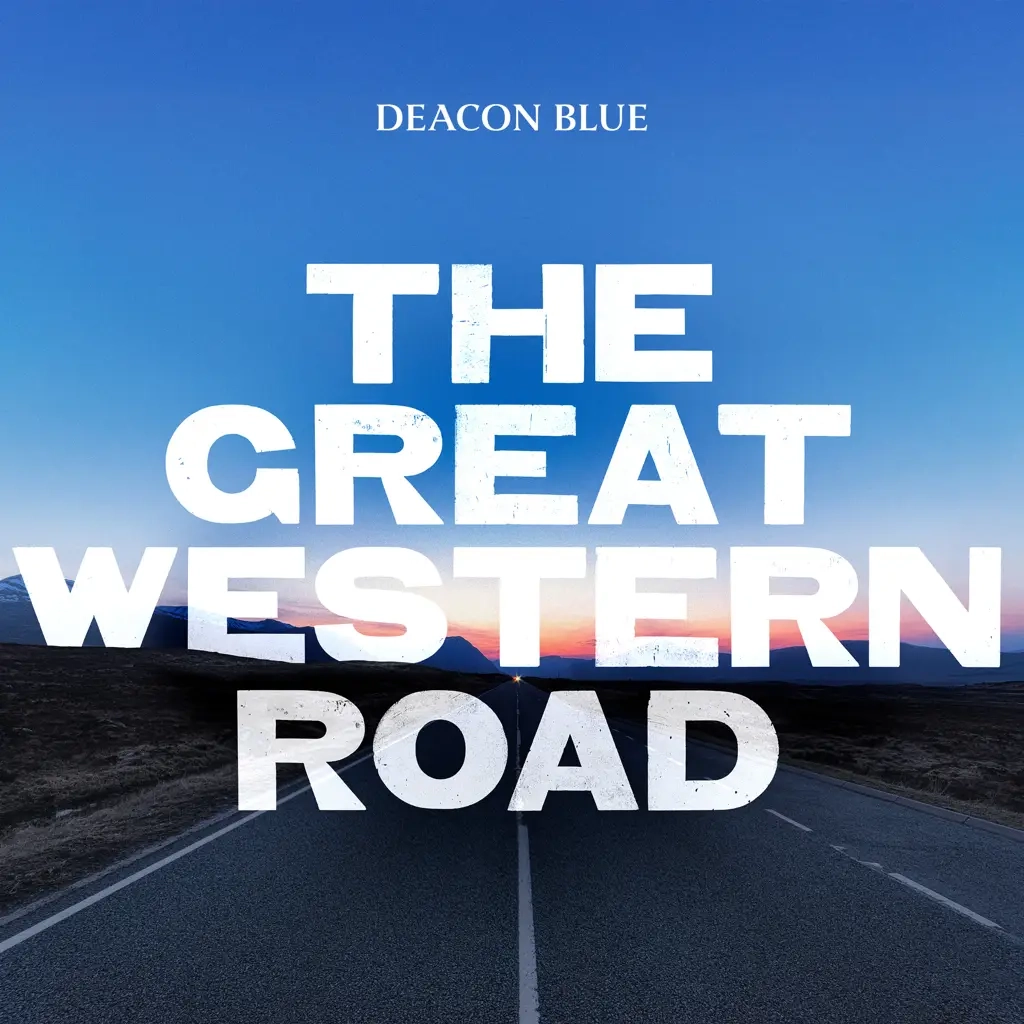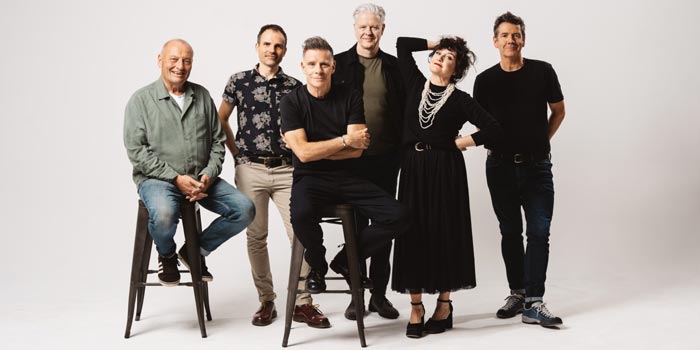Soulful Scottish pop-rock with a traditional leaning. Music to my ears.

Deacon Blue: A Symphony of Scottish Soul – 40 Years On the Road
For four decades, Deacon Blue has been the heartbeat of Scottish pop-rock, weaving tales of ordinary lives with extraordinary emotional depth. Formed in Glasgow in 1985 by former teacher Ricky Ross, the band took its name from the Steely Dan song “Deacon Blues” – a nod to their blend of American-inspired sophistication and Scottish grit . The core lineup – Ross’s weathered yet hopeful vocals, Lorraine McIntosh’s soulful harmonies (Ross’s wife since 1990), keyboardist James Prime, drummer Dougie Vipond, guitarist Gregor Philp, and bassist Lewis Gordon – has become a beloved institution. With over 7 million albums sold, 12 UK Top 40 singles, and two No. 1 albums (When the World Knows Your Name and Our Town), their music soundtracked a generation’s dreams and disappointments .
The Journey: From Tenement Ballads to Arena Anthems
Their 1987 debut, Raintown – a love letter to Glasgow’s rain-soaked streets – introduced their signature mix of blue-collar poetry and soaring melodies. Songs like “Dignity” (inspired by a council worker’s quiet resilience) became folk hymns, played at “weddings, funerals, and Dundee United victories” . The late ’80s explosion (Real Gone Kid, Fergus Sings the Blues) saw them play to 250,000 fans on Glasgow Green, cementing their status as Scotland’s communal voice .
After a 1994 hiatus, their 1999 reunion sparked a creative renaissance. Albums like The Hipsters (2012) and City of Love (2020) proved their songwriting remained vital, addressing modern struggles without forsaking their anthemic core . Through lineup changes, including the tragic loss of guitarist Graeme Kelling in 2004, Deacon Blue endured – not as nostalgia acts, but as chroniclers of life’s evolving seasons .
The Great Western Road: A Triumphant Homage to Memory and Mileage
Released March 21, 2025, their eleventh studio album, The Great Western Road, arrives as both a 40th-anniversary celebration and a bold step forward. Recorded at Wales’ legendary Rockfield Studios (where Raintown was born) and produced by Ross and Philp, the album is a masterclass in mature songcraft . Its title references the Glasgow artery connecting the city’s heart to its eclectic West End – a metaphor for the band’s own journey from scrappy beginnings to enduring icons .
The Sound: Nostalgia Refracted Through Wisdom
The album opens with the title track, a stirring piano-driven ode to youthful ambition (“We owned that street for two months in ’87“) . From there, it unfolds like a scrapbook of sonic signatures:
- “Late ’88”: The lead single shimmers with strings and McIntosh’s backing vocals, evoking the carefree energy of their early days .
- “People Come First”: A rollicking, brass-kissed anthem championing community – classic Deacon Blue with added lyrical weight .
- “Turn Up Your Radio!”: A joyous, guitar-driven rallying cry for resilience, echoing When the World Knows Your Name’s exuberance .
- “How We Remember It”: A haunting piano ballad where Ross reckons with memory’s fallibility (“Truth is just the story we agree on“) .
Standout “Mid Century Modern” blends acoustic warmth with electronic textures, while “If I Lived on My Own” closes the album with raw, minimalist vulnerability . The Pumpkin Seeds string ensemble and Liam Shortall’s brass add lush grandeur, particularly on “Late ’88” .
The Soul: Honesty, Aging, and the Weight of Years
Lyrically, this is Deacon Blue at their most reflective. Ross, now in his 60s, mines themes of legacy, misremembered pasts, and hard-won hope:
“Ashore contemplates life’s unexpected landings; Curve of the Line acknowledges paths not taken. Yet Up Hope insists optimism persists” .
McIntosh’s vocals – more prominent than ever – provide counterpoint and comfort, especially on the soulful duet “Wait on Me” . As Ross noted, this album isn’t about nostalgia; it’s about the “next part of the adventure” .
The Reception: A Homecoming at No. 1
Debuting at No. 1 in Scotland and No. 3 in the UK (their highest chart position since 1991), the album is a commercial and critical triumph . Fans hailed it as “a slice of perfection” (Mr. Andrew Clayton) and “gorgeous… everything and then some” (demodiscs) . German reviewer Thomas Back praised its “Ohrwurm-Charakter” (earworm quality) and emotional depth .
The Road Ahead: A Double-Barreled Tour
True to the album’s spirit, Deacon Blue embarks on The Great Western Road Trip – a two-tiered tour featuring:
- Intimate theatre shows (March-April 2025) focusing on deep cuts and new material .
- 15 arena dates (through October 2025), including their first Wembley Arena show since 1990 and hometown gigs at Glasgow’s OVO Hydro .
Ross promises “curated surprises” – a testament to their commitment to the “ephemeral magic” of live performance .
Final Verdict: The Great Western Road is more than an album; it’s a testament to endurance. Deacon Blue refuses to coast on past glories. Instead, they’ve crafted a work that honors their legacy while pushing forward – a collection of songs as relatable to a council worker dreaming of dignity in 1987 as to a listener navigating 2025’s complexities. In Ross’s words: “It’s as exciting now as it was back in 1988” . For longtime fans and new explorers alike, this road is well worth walking.
The Great Western Road is available now on Cooking Vinyl. Tour tickets at deaconblue.com .
Share your thoughts in the comments. Do you love Deacon Blue like I do?

